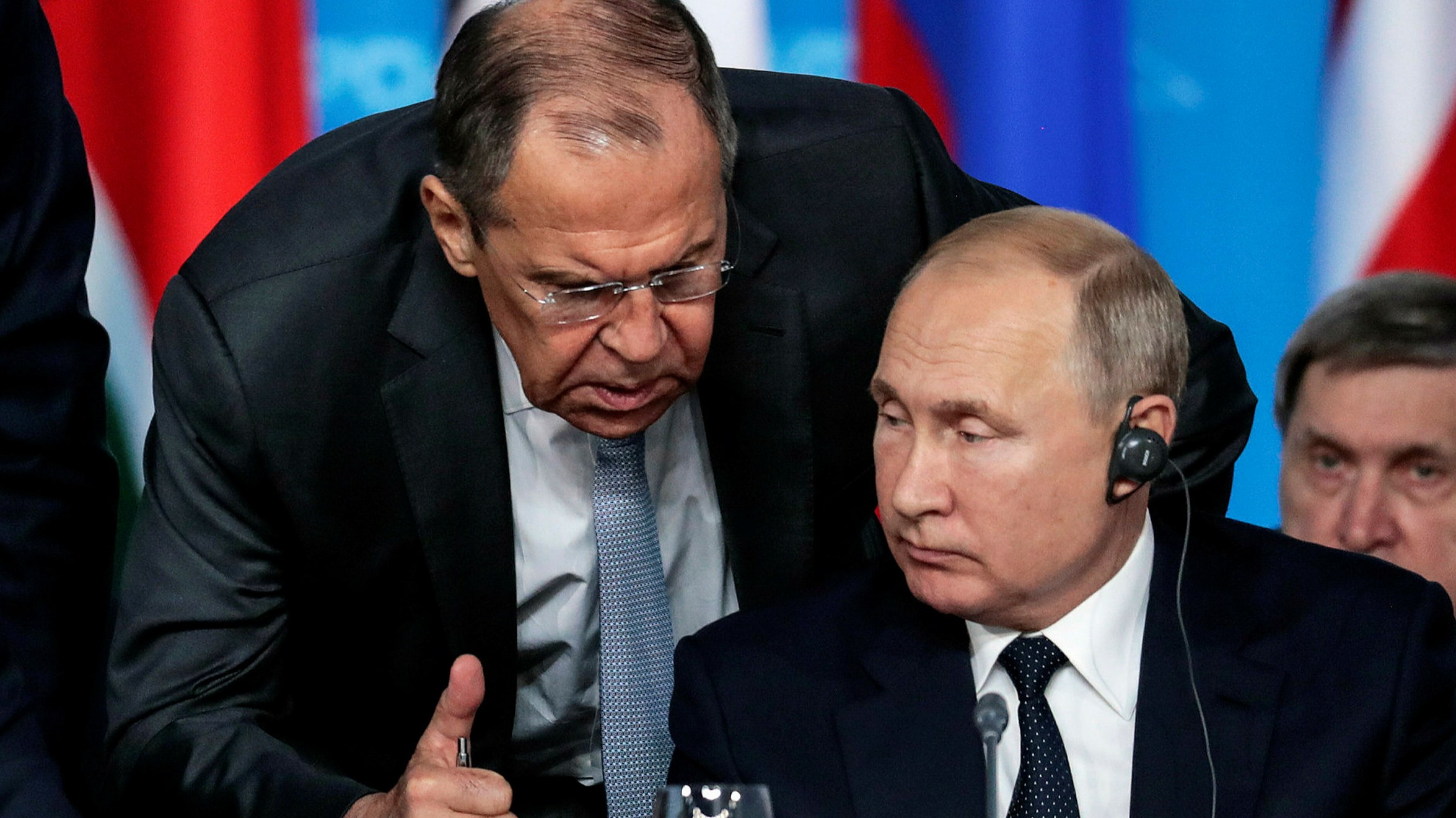Since the Ukraine invasion, Russia’s Foreign Minister Sergei Lavrov has been an ardent cheerleader for the Kremlin’s ‘special military operation’. In February, he likened talking with then-UK Foreign Secretary Liz Truss to “speaking to a deaf person”, while at the UN Security Council in September he called Ukrainian President Volodymyr Zelensky a “bastard” before departing early. With apparently no limits to his ambition, last month, Lavrov even sparred with the Pope, labelling him “un-Christian”.
But there are signs that being the public face of Putin’s revanchism has taken its toll. In November, reports emerged that Lavrov had been rushed to hospital during the G20 summit in Bali due to a heart condition (which Lavrov dismissed). And there are doubts over Lavrov’s own commitment to the war. “Sergei Lavrov can serve a good example of how Putin’s system transforms human beings and how fast they can degrade regardless of the starting point”, Nikolai Petrov, Senior Research Fellow in Russia and Eurasia at Chatham House, tells me. “I can’t imagine that he’s actually ideologically committed to this war, but like Putin’s other top nomenklatura guys he keeps his personal views, if any, at the very depth of his conscience, being just a cog in the bureaucratic machinery”.
Rumours persist that Lavrov and the Foreign Ministry as a whole were sidelined by Putin in the decision-making around the Ukraine invasion. Russian ex-Foreign Minister Andrei Kozyrev refused to comment on speculation that Lavrov learnt the invasion was going ahead when it actually started, while former US national intelligence officer Angela Stent has suggested the Foreign Minister “only knew it was happening as it was taking place”.
Former US Ambassador to Russia Michael McFaul has claimed this is part of a broader tendency, whereby Russia’s Ministry of Foreign Affairs has become increasingly passive in foreign policy, no longer a “maker” but merely an “implementer”, with Putin and a small coterie of security and intelligence figures having taken the helm. Petrov agrees, saying that “it’s Putin who shapes foreign policy and the task for the Foreign Ministry is to implement it, minimise negative consequences and provide propagandist support for Putin’s decisions”.
Having ascended to the role of Russia’s Foreign Minister in 2004, Lavrov is one of Putin’s longest-serving ministers. It was here that the Kremlin’s top diplomat soon attracted a reputation for decidedly undiplomatic language, whether mumbling “fucking morons” during a 2015 press conference with the Saudi Foreign Minister or, in the same year, advising a crouching female reporter that it is “politically incorrect for a lady to address a gentleman on her knees”.
Despite an uncompromising bent which earned him the moniker ‘Minister Nyet’, Lavrov did enjoy surprisingly warm ties with his counterparts. In 2015, he and John Kerry gifted one another potatoes as a running gag, while he publicly bantered with the then-US Secretary of State the following year about their respective ages.
But, as the war drags on, Lavrov is unlikely to enjoy a comfortable retirement any time soon. While rumours circulated in 2018 of the minister seeking to leave his post, Petrov tells me that now “Putin wants everybody to stay onboard and there is almost no way to quit”. Whether he likes it or not, Lavrov is now here for the long haul.











Join the discussion
Join like minded readers that support our journalism by becoming a paid subscriber
To join the discussion in the comments, become a paid subscriber.
Join like minded readers that support our journalism, read unlimited articles and enjoy other subscriber-only benefits.
Subscribe